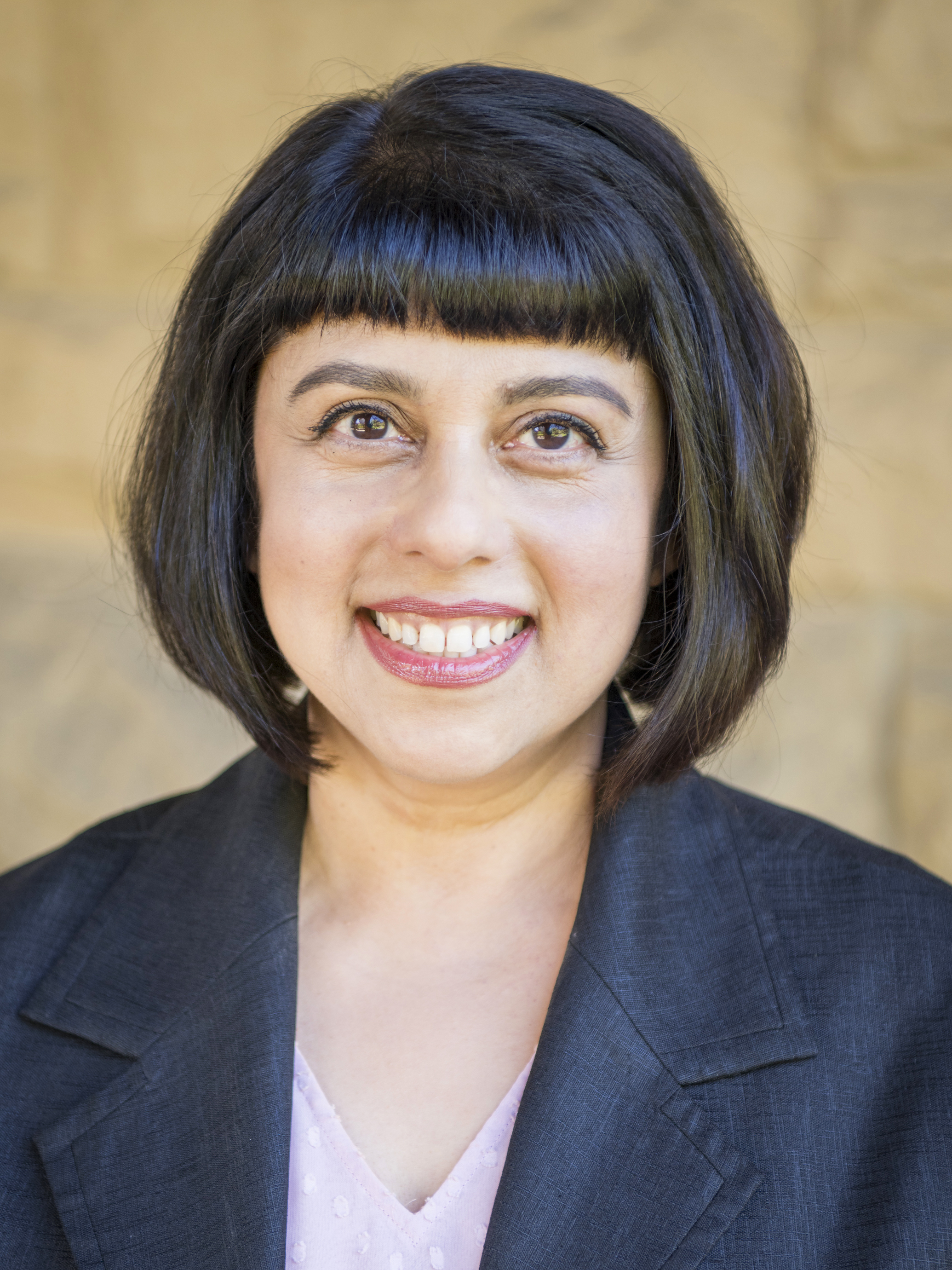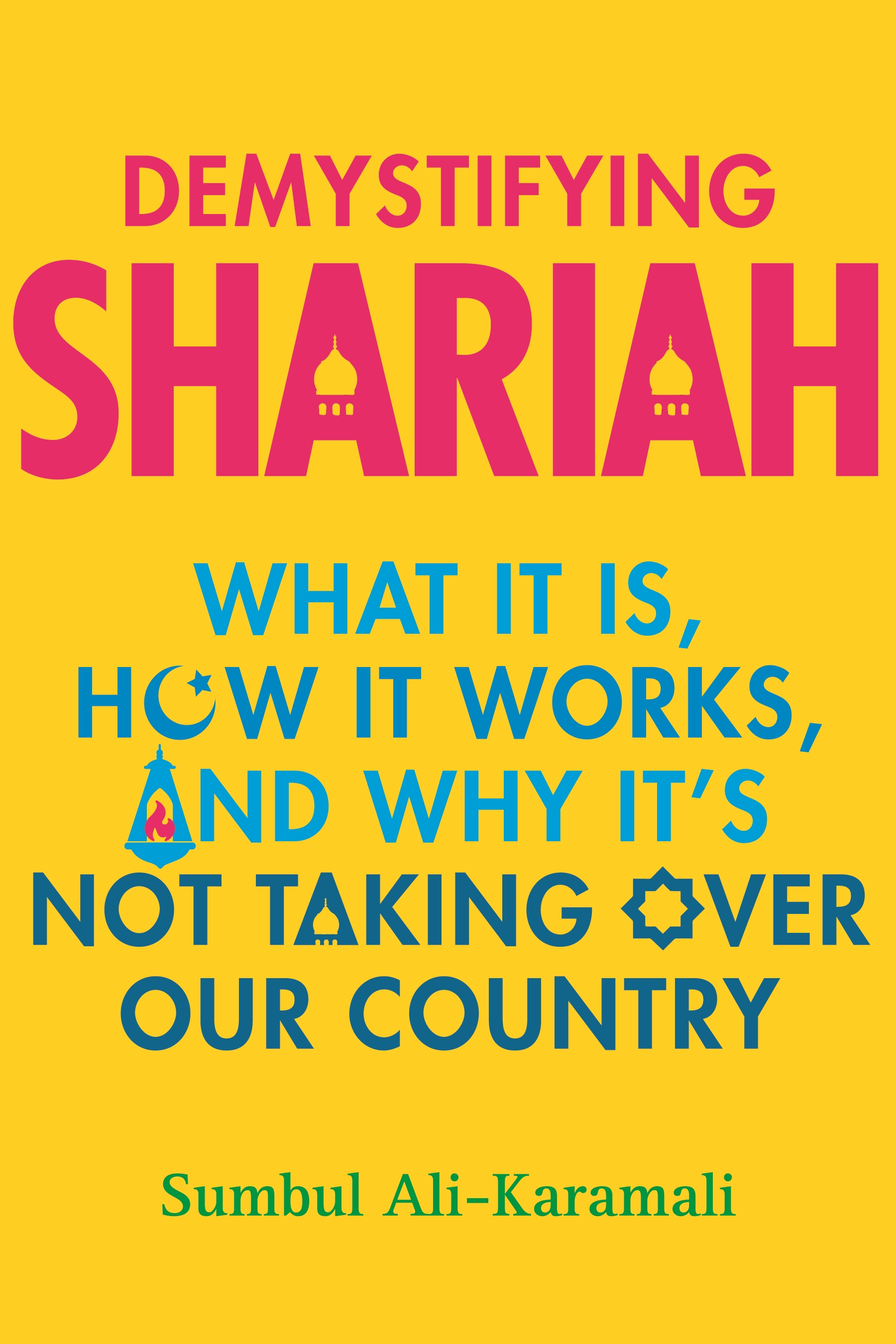Ramadan
I made it through another Ramadan. Thirty days of fasting! But what is Ramadan and why do Muslims fast?
Ramadan is the name of one of the months of the lunar Islamic calendar. It's the month in which the Qur'an was first revealed. Muslims believe that the angel Gabriel (yes! the same angel Gabriel as in the Judeo-Christian tradition!) brought God's literal words to the Prophet Muhammad. Because Ramadan is on the lunar calendar, which is approximately eleven days shorter than the solar calendar, Ramadan moves forward eleven days every year. In about 33 years, it comes back to where it started.
Fasting is one of the five main tenets, called "pillars," of Islam, along with prayer, donation to charity, pilgrimage to Mecca once in a lifetime, and belief in God and the Prophet Muhammad. Why do Muslims fast? First, the Qur'an tells us to fast. Additionally, fasting promotes discipline, fosters piety (something recognized in almost all the world's religions), and increases compassion by viscerally bringing home a little of what it must be like to not get food or water when we need it.
During the month of Ramadan, for 29 or 30 days, Muslims fast from dawn to sunset. Not sunrise to sunset, but dawn, which is around 90 minutes earlier when the sky first starts to lighten. During those daylight hours, we must refrain from food, water, smoking, and sex. Also from thinking bad thoughts. Also from crankiness, but that's harder on some days than others.
Though not required,Muslims are supposed to wake up before dawn (sometimes 3 am) and eat something before the fast starts and state the intention to fast. So we're usually not at our most chirpy during Ramadan: not only are we going without food and water, but we're also tired from waking up in the middle of the night and feeling drowsy from lack of liquids. Having said that, though, keep in mind that Hakeem Olajuwon fasting while playing professional basketball and was named "NBA Player of the Month" during the month he'd been fasting in 1995!
All my life, people have either told me fasting is dangerous and foolhardy, or they tell me it's just like missing lunch and not a big deal. Neither is true: fasting in Islam is meant to be difficult but not dangerous. That's why it's not required for children, the elderly, pregnant women, anyone who is ill, menstruating women, those who are traveling, and nursing mothers. If someone becomes ill while fasting, he or she may break the fast (but never just because of hunger and thirst).
These days, of course, all sorts of people are saying fasting is good for you. Intermittent fasting is a thing! Who knew? I shake my head in bemusement.
When Prophet Muhammad came upon Jews fasting, he told his followers to also fast, in solidarity. Therefore, I and other Muslims fast on Yom Kippur, as well, in solidarity with Jews.
I probably wouldn't fast if I weren't required to do it. It's hard, and it's inconvenient. But I am always grateful I'm required to do it. It makes me a more compassionate person. It helps me focus on the spiritual and what's really important in life. And I'm always proud of my achievement after a month of fasting.
Muslims traditionally send each other food for iftar (the fast-breaking meal at sunset), invite each other for iftars, and give extra charity during Ramadan. And of course, the day after the last day of fasting is Eid ul-Fitr or "the Festival of Fast-Breaking," when we all celebrate the accomplishment of fasting for a month. And, of course, we eat all day.
During the pandemic, we've had Zoom calls instead of iftars. But it's been a good Ramadan. The absence of traditional socializing has resulted in a low-pressure, reflective Ramadan. Certainly one in which I count my blessings. Ramadan Kareem and Eid Mubarak!
Ramadan is the name of one of the months of the lunar Islamic calendar. It's the month in which the Qur'an was first revealed. Muslims believe that the angel Gabriel (yes! the same angel Gabriel as in the Judeo-Christian tradition!) brought God's literal words to the Prophet Muhammad. Because Ramadan is on the lunar calendar, which is approximately eleven days shorter than the solar calendar, Ramadan moves forward eleven days every year. In about 33 years, it comes back to where it started.
Fasting is one of the five main tenets, called "pillars," of Islam, along with prayer, donation to charity, pilgrimage to Mecca once in a lifetime, and belief in God and the Prophet Muhammad. Why do Muslims fast? First, the Qur'an tells us to fast. Additionally, fasting promotes discipline, fosters piety (something recognized in almost all the world's religions), and increases compassion by viscerally bringing home a little of what it must be like to not get food or water when we need it.
During the month of Ramadan, for 29 or 30 days, Muslims fast from dawn to sunset. Not sunrise to sunset, but dawn, which is around 90 minutes earlier when the sky first starts to lighten. During those daylight hours, we must refrain from food, water, smoking, and sex. Also from thinking bad thoughts. Also from crankiness, but that's harder on some days than others.
Though not required,Muslims are supposed to wake up before dawn (sometimes 3 am) and eat something before the fast starts and state the intention to fast. So we're usually not at our most chirpy during Ramadan: not only are we going without food and water, but we're also tired from waking up in the middle of the night and feeling drowsy from lack of liquids. Having said that, though, keep in mind that Hakeem Olajuwon fasting while playing professional basketball and was named "NBA Player of the Month" during the month he'd been fasting in 1995!
All my life, people have either told me fasting is dangerous and foolhardy, or they tell me it's just like missing lunch and not a big deal. Neither is true: fasting in Islam is meant to be difficult but not dangerous. That's why it's not required for children, the elderly, pregnant women, anyone who is ill, menstruating women, those who are traveling, and nursing mothers. If someone becomes ill while fasting, he or she may break the fast (but never just because of hunger and thirst).
These days, of course, all sorts of people are saying fasting is good for you. Intermittent fasting is a thing! Who knew? I shake my head in bemusement.
When Prophet Muhammad came upon Jews fasting, he told his followers to also fast, in solidarity. Therefore, I and other Muslims fast on Yom Kippur, as well, in solidarity with Jews.
I probably wouldn't fast if I weren't required to do it. It's hard, and it's inconvenient. But I am always grateful I'm required to do it. It makes me a more compassionate person. It helps me focus on the spiritual and what's really important in life. And I'm always proud of my achievement after a month of fasting.
Muslims traditionally send each other food for iftar (the fast-breaking meal at sunset), invite each other for iftars, and give extra charity during Ramadan. And of course, the day after the last day of fasting is Eid ul-Fitr or "the Festival of Fast-Breaking," when we all celebrate the accomplishment of fasting for a month. And, of course, we eat all day.
During the pandemic, we've had Zoom calls instead of iftars. But it's been a good Ramadan. The absence of traditional socializing has resulted in a low-pressure, reflective Ramadan. Certainly one in which I count my blessings. Ramadan Kareem and Eid Mubarak!

